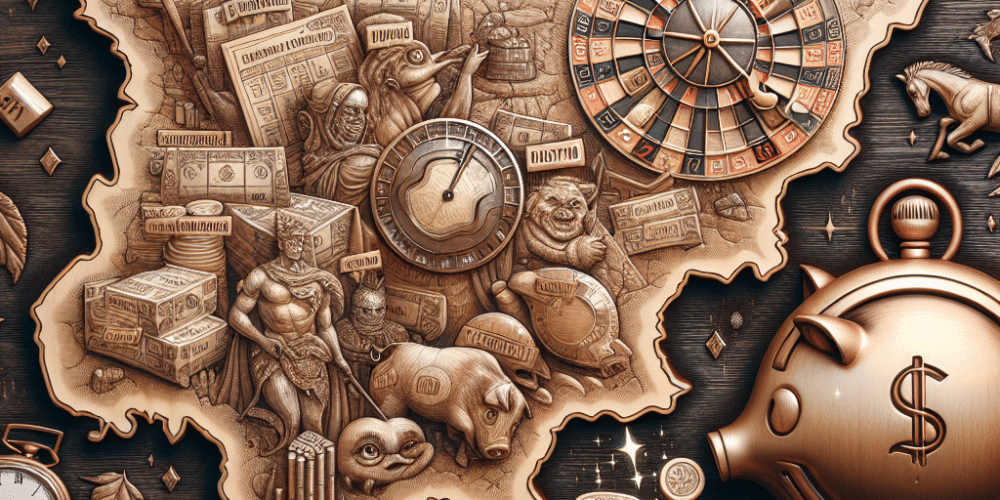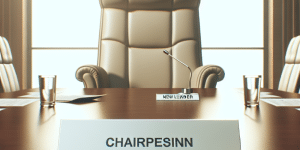Bulgaria has announced a substantial increase in the gambling tax rate as part of the amendments to its 2026 budget. This move aims to address an anticipated fiscal deficit of €3.86 billion. Starting in January 2026, operators engaged in online gambling, sports betting, random event wagering, and lotteries will face a new tax rate of 25 percent on gross gaming revenue, up from the current 20 percent.
This decision aligns with a broader trend observed across Europe, where several countries have opted to raise gambling taxes in response to economic pressures. Earlier this year, Romania, Bulgaria’s neighbor, announced an increase in its gambling tax from 21 percent to 27 percent of gross gaming revenue. France and the Netherlands have also implemented similar measures, with the Netherlands planning an even steeper hike to 37.8 percent in January 2026. The gambling industry is bracing for further changes, as the British chancellor is expected to announce a tax increase in the upcoming Autumn Budget.
Bulgaria’s tax adjustment coincides with the country’s preparations to join the Eurozone on January 1. As part of the discussions surrounding its entry into the single currency area, Bulgaria has focused on modernizing its gambling regulations and related financial controls. These steps are seen as critical to ensuring fiscal stability and are in line with the country’s broader economic integration goals.
Earlier this year, the Bulgarian Ministry of Finance, in collaboration with the Ministry of Healthcare, proposed a slew of new rules aimed at promoting responsible gambling. These include mandates for operators to enforce loss limits and session time restrictions. Specifically, the new regulations will cap gaming sessions at four hours for individuals over the age of 24, and two hours for younger players. Extensions to these limits will require a direct request from the player, and operators are obliged to incorporate a 15-minute cooling-off period before players can resume their gaming sessions. During this time, operators must provide messages promoting safer gambling and inform players about Bulgaria’s national self-exclusion register, which recently extended its minimum self-exclusion period from 30 days to one year.
However, the industry has raised concerns about the potential impact of these changes. Some stakeholders argue that higher taxes could drive operators away or lead them to pass on the costs to consumers, potentially reducing the attractiveness of the legal market. This could counteract the government’s efforts to modernize and regulate the gambling sector effectively. They caution that, without careful implementation, these measures might inadvertently push more players toward unregulated platforms, undermining the tax revenue goals.
In contrast, proponents of the tax hike argue that it is a necessary step to ensure the industry contributes fairly to the national economy, especially given the significant profits generated by the gambling sector. They believe that, with appropriate regulatory frameworks in place, the industry can absorb these changes without significant negative impacts. Moreover, the tax increase is seen as an alignment with European standards, which could enhance Bulgaria’s reputation as a responsible member of the Eurozone.
The debate highlights the delicate balance that Bulgaria must strike between generating sufficient tax revenue and maintaining a vibrant and competitive gambling industry. As the country moves forward with its tax changes and Eurozone integration, continuous dialogue between regulators, operators, and stakeholders will be crucial to address potential challenges and ensure the successful implementation of these policies.

David Harrison stands tall in gambling journalism, marrying his firsthand casino experiences with a deep understanding of betting psychology. His articles transform complex gambling jargon into engaging tales of strategy and chance, making the world of betting accessible and enjoyable. David’s knack for narrative extends beyond print, making him a sought-after speaker on gambling trends and future bets. In the realm of gambling, David is both a scholar and a storyteller, captivating readers and listeners alike.
















